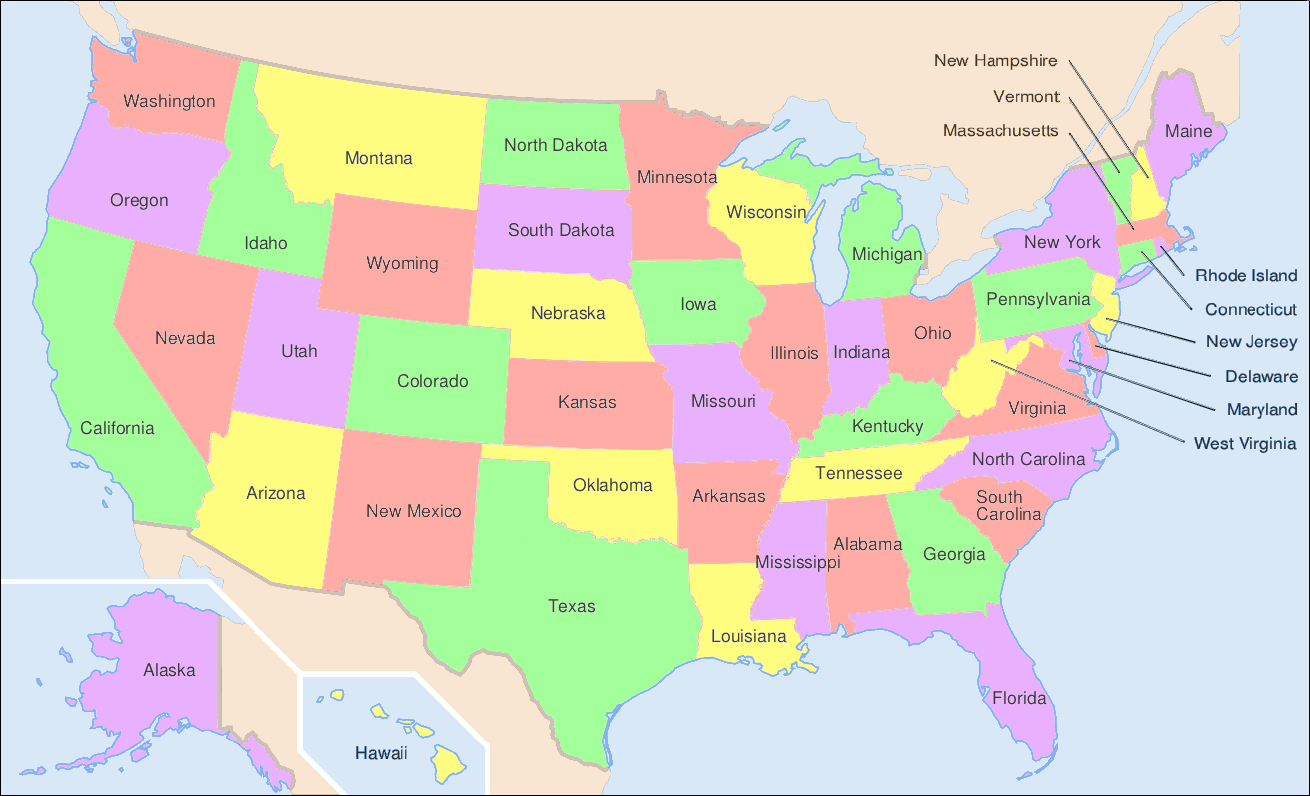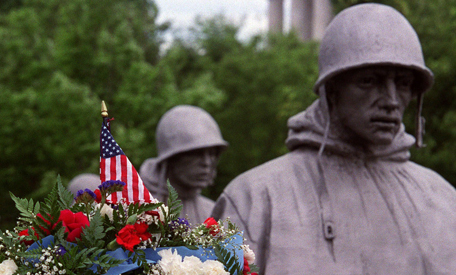Learning History From Those Who Experienced It
The students were able to speak with Holocaust survivor Maurice Vanderpol for 90 minutes. Vanderpol, who had personally visited schools near his home in Massachusetts, was excited to now have the opportunity to speak with a larger range of students thanks to Skype technology. He soon scheduled another conference with a class from Ohio.
For teacher Kendra Larson, the benefits of the meeting were obvious. “It brings together everything you’re looking at when you can see someone speaking rather than just read their text. … You have some details about the individual that make a history come alive.”
Many other classes have scheduled similar meetings to gain a deeper understanding of the Holocaust. Survivor and author Lillian Boraks-Nemetz spoke to high school students in Kamloops, British Columbia. The students said of the encounter: “It impacted me just by the emotion in her voice, you knew she suffered from her experience” and “You can’t see facial expressions out of reading in a text book. It was a real eye opener.”
Skype can likewise be used to connect students with others who have lived through important periods of history. Teachers have arranged meetings with World War II veterans, civil rights activists, East Germans who lived behind the Berlin Wall, and Sept. 11 first responders.
Meeting the Leaders of Today
Iowa Gov. Terry Branstad and Lt. Gov. Kim Reynolds, who have participated in many Skype conferences, started a program called “Skype Your School!” to encourage schools to speak with him. Reynolds said, “We want students to be excited about technology and learning about civics and government, and we hope our participation helps raise their interest level.”
Cheryl MacInnes, a third-grade teacher in Maine whose “Chatting Across the USA” initiative has connected her class with students from all 50 states, used Skype to meet with Maine Sen. Susan Collins, who from her Washington office described how she represents the people of Maine in the Senate. “Every night I have to do homework,” she told the class.
MacInnes has also arranged annual Skype conferences with former first lady Barbara Bush and current Maine first lady Ann LePage. In the third year of the conferences, Bush and LePage agreed to do a joint conference from Bush’s home in Kennebunkport. However, to the surprise of not only the students but also MacInnes, the two first ladies personally visited the school.
In a Google Hangout interview with the Center for Digital Education, MacInnes explained the benefits of using Skype: “It’s very cost-effective. With all the budget cuts that are going on right now with the economy the way it is, field trips are being eliminated and this is a way to bring the world into your classroom. You can invite authors, scientists, I mean there are just so many possibilities. And the other thing is, the very first time I did this, I saw the spark of positive energy in my students, and they do not forget the information when it’s made live and meaningful like this. They’re interacting with our guests and they just remember it in a way that they don’t with just books and pen-and-paper-type activities.”
Discussing Books With the Authors
Children’s author Kate Messner, who has compiled a list of other authors who Skype, wrote in the School Library Journal about Skyping with a group of fifth-graders. “While it’s always terrific to meet an author in person,” she said, “I’ve found that similar kinds of discussion and interaction are possible whether the author is there in the flesh or just on the screen.”
Students at an English all-girls school said of their experience speaking with author JoJo Moyes: “I really enjoyed the fact that we had an opportunity to convey our opinions and our feelings about the book” and “The best thing about it is we were able to see each other. It’s the first time I have ever interviewed someone. It felt really exciting.”
Michael H. Creswell used Skype in his graduate school class at Florida State and found that having the author there elevated the class’ conversations. The conferences, he says, “deter students from straying off topic or concentrating on simplistic criticisms of minor flaws in the book by making them engage with an author—and his or her main ideas—directly.”
Connecting With Other Classrooms
“This has to be one of the most powerful experiences for students as Skype enables students to connect, collaborate, and communicate with other students across the globe,” writes education expert Angela Maiers. “It creates an opportunity for students to learn from each other, to have authentic audiences for their work, and to meet others who can further their learning.”
Seventh-graders from a Jewish school in Florida used Skype to connect with students of other religions. They explained the culture and practices of Judaism to a class in Michigan that had no Jewish students. Later, they Skyped with a class at a Muslim school in Minnesota, and the students showed one another how they prayed.
One of the Jewish students reflected, “From this experience, I realized that we have more similarities than differences. We, and people of all religions, need to put our differences aside and look at our similarities. … If we take the time to get to know religions other than our own we will understand, just like I did, that we can get along.”
Bill Reilly, a social studies teacher from New York, uses Skype as part of his Global Coalition Project, which connects schools in nearly 30 around the world with the aim of promoting peace and global understanding.
Reilly told findingDulcinea, “The first time we hooked up a video camera between our school and a school in the middle of a jungle in Belize, it was the most phenomenal thing to watch. … It was like two groups meeting aliens for the first time. They were such different and diverse cultures and they had such an interest in learning about each other.”
Classroom-to-classroom Skype conferences have also proven valuable in teaching foreign languages. Students are afforded the chance to practice speaking the language with native speakers.
Language Magazine explains, “The one-on-one Skype video chats provided them with not only valuable grammar and pronunciation practice, but also improved the conversational skills, such as negotiating meaning, that are essential to excelling in a foreign language.”
















